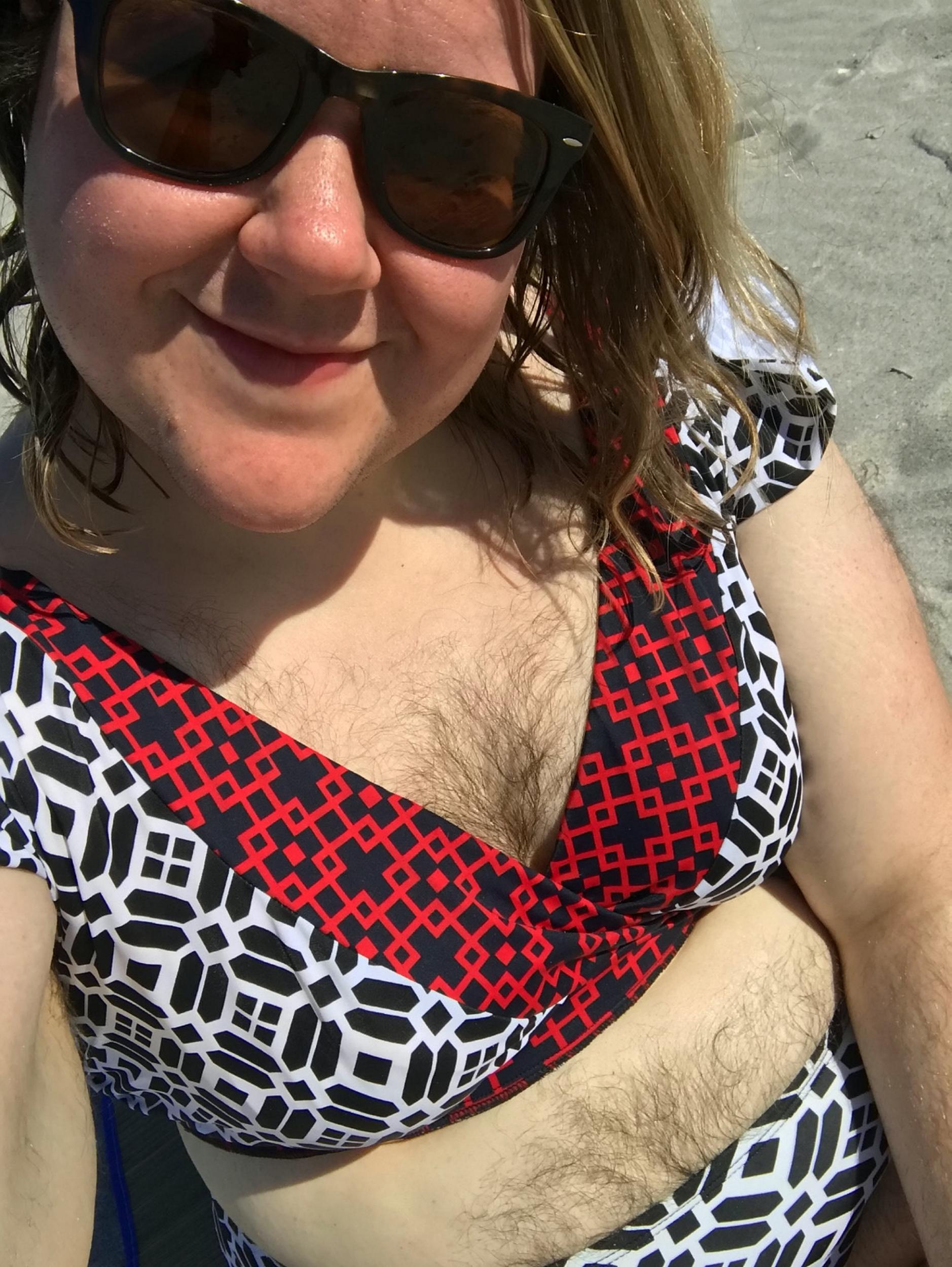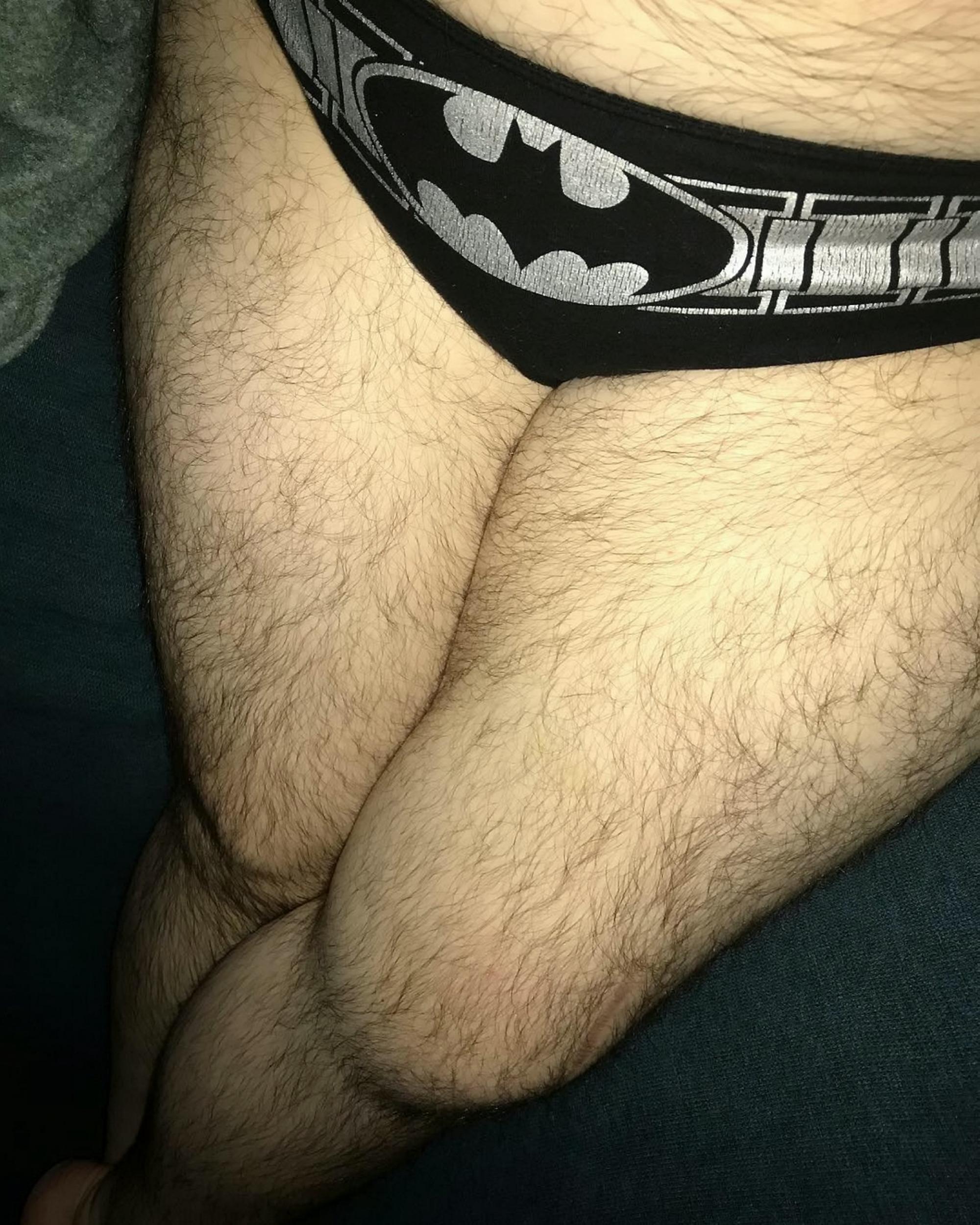Woman champions body positivity by embracing thick body hair caused by hormonal disorder
'It has been incredibly empowering'
Your support helps us to tell the story
From reproductive rights to climate change to Big Tech, The Independent is on the ground when the story is developing. Whether it's investigating the financials of Elon Musk's pro-Trump PAC or producing our latest documentary, 'The A Word', which shines a light on the American women fighting for reproductive rights, we know how important it is to parse out the facts from the messaging.
At such a critical moment in US history, we need reporters on the ground. Your donation allows us to keep sending journalists to speak to both sides of the story.
The Independent is trusted by Americans across the entire political spectrum. And unlike many other quality news outlets, we choose not to lock Americans out of our reporting and analysis with paywalls. We believe quality journalism should be available to everyone, paid for by those who can afford it.
Your support makes all the difference.Body hair is not something most women are quick to embrace, choosing instead to wax, shave and pluck any unwanted strands.
However, for those suffering with polycystic ovary syndrome (PCOS), which can stimulate male-pattern hair growth, dark and thick hair on the legs, chest and arms is a common side effect they are forced to accept,
After years of incessantly shaving her body in shame, 33-year-old Leah Jorgensen has finally learned to embrace the body hair she has acquired as a result of her condition.

Jorgensen has suffered from PCOS since she was a teenager and used to cover up in long-sleeved clothing and hooded sweatshirts to avoid exposing the hair on her body, a side effect known as hirsutism.
According to the NHS, hirsutism is caused by an excess of male hormones in a woman's body, called androgens, and is often caused by PCOS. Other causes include menopause, obesity and Cushing's syndrome, which is a rare hormonal disorder.
“My daily goal for a long time was to just get through the day without anyone noticing how hairy I was,” Jorgensen said.
“People would ask me, ‘Why are you wearing that?’ and I was just like, ‘Leave me alone’.
“‘I felt ashamed, embarrassed and scared, like I was somehow less of a woman.”

She admitted that she struggled to hide the extent of her hair growth given how rapid it was, adding that the social isolation she felt as a result took a toll on her mental wellbeing.
However, her perspective changed in 2015 after a car accident saw her rushed to hospital, where she had to have her clothes cut from her body prior to surgery.
“I realised no-one cared what I looked like," she said.
“They just saw me as a person. It really helped me to get over it.”
Now, Jorgensen freely sports bare legs and wears sleeveless tops, proudly showcasing the extent of her body hair on Instagram in a bid to promote body positivity under the username @happyandhairy.
"I realised that I never really disliked how the hair looked," she added.
"The problem was not with the hair, it was with people’s perception of it."
Jorgensen hopes that sharing her story will inspire other women with hirsutism who may be struggling with self-esteem issues.
“It has been incredibly empowering,” she concluded.

Join our commenting forum
Join thought-provoking conversations, follow other Independent readers and see their replies
Comments